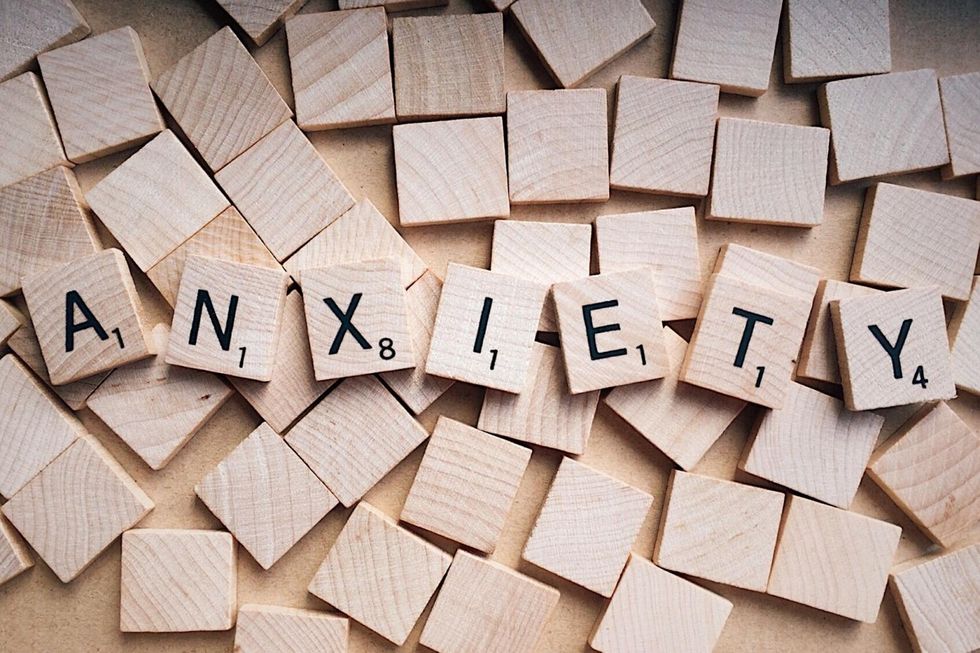Mental health is complex. Those who suffer from a mental illness, such as anxiety or depression, may not understand it themselves. However, through love and care, there are various ways to help those under distress of the mind. I have struggled with anxiety and depression for nearly ten years, and I would like to share some of my insights on how to care for people with anxiety.
Firstly, we must differentiate the kinds of anxiety experienced. There's the "Oh, this makes me anxious, but it can be managed with deep breathing exercises" or the "I'm so anxious I can't get out of bed to go to work." When we can identify the type of anxiety we are having, we can more than likely help effectively. Most of the time, when we experience the first type of anxiety, we can manage it ourselves; however, regarding the second type of anxiety, we may need extra help or give extra help.
Anxiety sufferers may experience the mental illness differently, but in one form or another, most have had a panic attack. A list of example triggers includes:
1. Being put into an uncomfortable situation, crowded room, or dangerous environment, etc. may cause a panic attack. An uncomfortable situation can range from something simple, like giving a school presentation, to something big, like a family death. For students alike, a heavy workload can lead to a panic attack, especially during finals week, ACT testing, and SAT testing.
2. Sometimes a panic attack arises out of nowhere. These could happen in numerous settings, public or private.
3. Any kind of fear or phobia may cause a panic attack.
Unfortunately, the list goes on and on.
There are numerous ways we can help our friends, family, and acquaintances who suffer from anxiety. Before we can help someone through a panic attack, we must know what occurs. General panic attack symptoms include shortness of breath, feeling weak, dizzy, or faint, sense of terror, tingling in the fingers or hands, feeling sweaty or chills, chest pains, and loss of control. When you witness someone having a panic attack, you may not be able to tell when they are having one and that's okay, but you may notice a difference in their behavior. They may become extremely talkative or exceedingly quiet.
Simply put, here are several ways we can help someone undergoing a panic attack:
1. First, you want to approach them calmly.
You don't want to talk loudly or abrasively as it may upset them more. You can ask what's wrong and they may respond. If they don't, begin breathing techniques. Take a long, slow breath in your nose, hold for three seconds, and breath out your nose. Eventually, they should follow this breathing pattern.
2. If you know the person well, physically holding them may help, especially if they are shaky.
3. Providing distractions helps.
You can talk about the weather, a favorite movie, etc. Anything will do.
4. Lastly, if they're not shaky and are able to stand, taking a walk helps.
It provides a distraction and creates blood flow.
I hope this article provides helpful knowledge to better understand the complexity of anxiety. Remember everyone we come into contact with may be suffering internally. Be kind always.






















